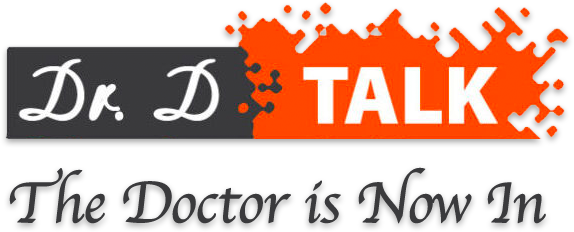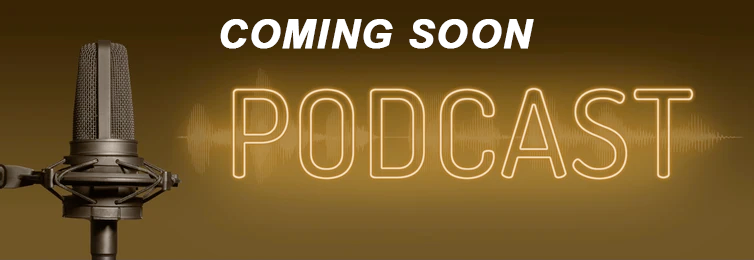
Things I Wish I Had Known About 401(k)s in My Earlier Years
Introduction: The Importance of Retirement Planning
Are you ready to secure your financial future and retire comfortably? If so, understanding the ins and outs of 401(k) plans is essential. Whether you’re just starting in the workforce or have been working for years, it’s never too late to learn how to make the most out of your retirement savings. Let’s dive into four key things I wish I had known about 401(k)s earlier on in my career.
Understanding the Basics of a 401(k)
When it comes to planning for your future, understanding the basics of a 401(k) is essential. A 401(k) is a retirement savings plan sponsored by an employer that allows employees to save and invest a portion of their paycheck before taxes are taken out. This means you can potentially lower your taxable income while saving for retirement.
One key feature of a 401(k) is that contributions are automatically deducted from your paycheck, making it easier to save consistently over time. Additionally, many employers offer matching contributions up to a certain percentage of your salary, which is essentially free money added to your retirement savings.
It’s important to familiarize yourself with the investment options available within your 401(k) plan and understand how they align with your risk tolerance and long-term financial goals. Monitoring and adjusting your investments regularly can help optimize growth and mitigate risks as you progress towards retirement.
Having a solid grasp on the basics of a 401(k) can set you on the right path towards building a secure financial future for yourself.
Common Mistakes to Avoid When Managing a 401(k)
When it comes to managing your 401(k), there are some common mistakes that can derail your retirement savings goals if not avoided. One mistake is not taking full advantage of employer matching contributions. Missing out on this free money is like leaving cash on the table – always ensure you contribute enough to maximize this benefit.
Another pitfall to avoid is neglecting to diversify your investments. Putting all your eggs in one basket can expose you to unnecessary risk. Make sure to spread your investments across different asset classes for a balanced portfolio.
Additionally, failing to regularly rebalance your 401(k) can lead to an imbalance in your investment mix over time. Keep an eye on market changes and adjust accordingly so that your portfolio stays aligned with your financial objectives.
One critical mistake is withdrawing funds from your 401(k) prematurely. Early withdrawals typically come with hefty penalties and taxes, diminishing the growth potential of your retirement savings. It’s important to let compound interest work its magic by keeping those funds invested for the long haul.
The Power of Compound Interest and Starting Early
When it comes to saving for retirement, one of the most powerful tools at your disposal is compound interest. It’s like a snowball effect – your money earns interest on the interest you’ve already earned. This means that starting early can make a significant difference in the long run.
Even small contributions made consistently over time can grow into substantial savings thanks to compound interest. The key is to let time work its magic and harness the power of compounding to build wealth for your future self.
By starting early, you give your investments more time to grow and recover from market fluctuations. This can help smooth out any bumps along the way and potentially maximize your overall returns. Remember, every dollar saved today has the potential to multiply over time through the wonders of compound interest.
Taking Advantage of Employer Matching Contributions
When it comes to building your retirement nest egg, one of the smartest moves you can make is taking advantage of employer matching contributions. It’s like getting free money just for saving for your future!
Many employers offer to match a percentage of your 401(k) contributions up to a certain limit. So, if you’re not contributing enough to get the full match from your employer, you could be leaving valuable money on the table.
By maximizing your employer’s matching contribution, you’re essentially doubling your savings without any extra effort on your part. It’s an opportunity that shouldn’t be overlooked when planning for retirement.
Make sure to review and understand your company’s specific matching policy so that you can capitalize on this benefit. Remember, every dollar counts when it comes to securing a comfortable retirement for yourself down the road!
Diversifying Your Investments and Rebalancing Regularly
When it comes to your 401(k), diversification is key. By spreading your investments across different asset classes like stocks, bonds, and cash equivalents, you can help manage risk.
Rebalancing regularly ensures that your portfolio stays aligned with your financial goals. It involves adjusting the mix of assets in response to market fluctuations or changes in your investment objectives.
Keep an eye on how each asset class is performing and make adjustments as needed to maintain a balanced portfolio. This proactive approach can help protect your savings from potential downturns in specific sectors.
Remember, diversifying doesn’t guarantee profits or eliminate risks entirely, but it can help cushion the impact of market volatility on your retirement savings. So, take the time to review and adjust your 401(k) investments periodically for long-term success.
Conclusion: Why It’s Never Too Late to Start Saving for Retirement
It’s never too late to start saving for retirement. No matter your age or stage in life, taking steps towards securing your financial future is always a smart move. By understanding the ins and outs of 401(k) plans, avoiding common mistakes, harnessing the power of compound interest, making the most of employer matching contributions, and diversifying your investments wisely, you can set yourself up for a more comfortable retirement.
Remember that small changes today can lead to significant benefits down the road. Take control of your financial destiny by starting to save for retirement now – your future self will thank you!

